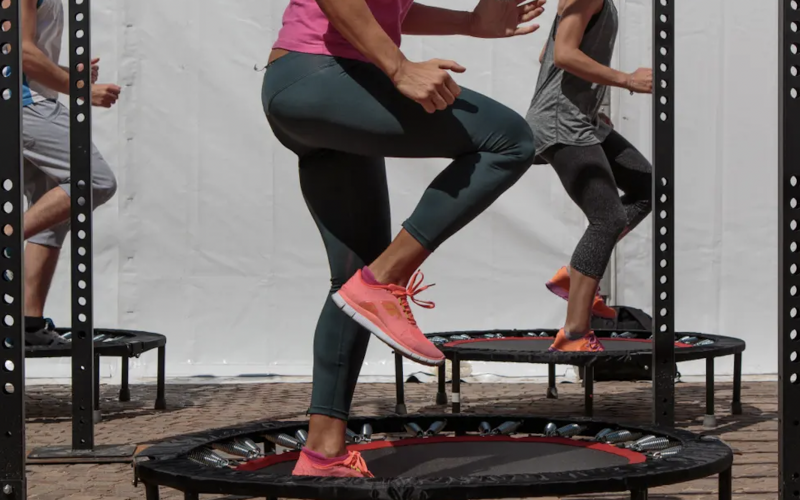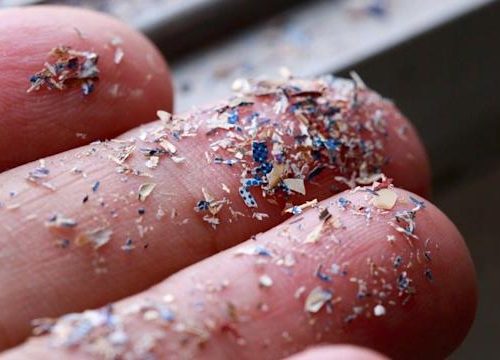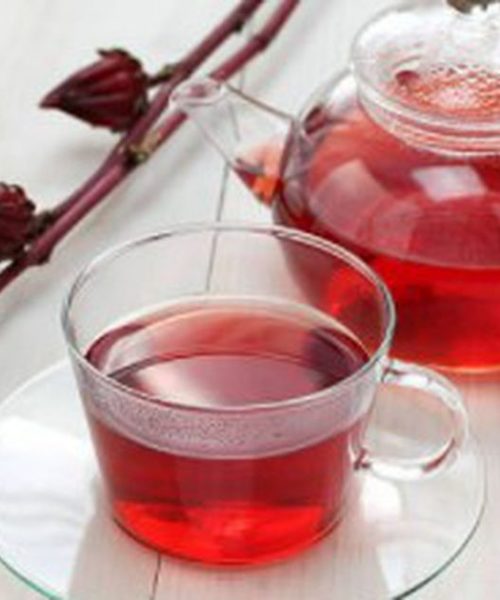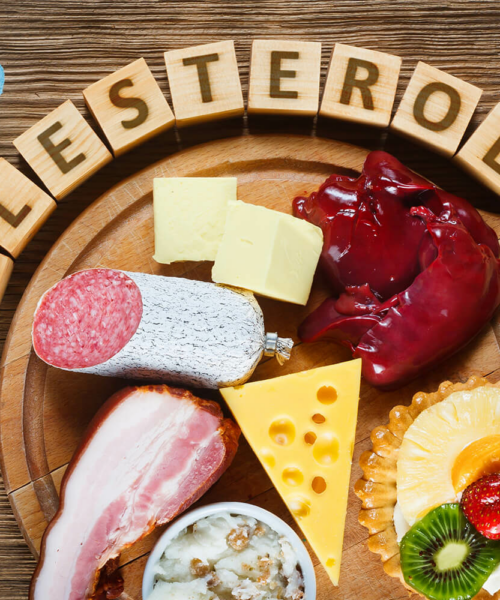By Nancy Clanton, The Atlanta Journal-Constitution
Troy Warren for CNT #Health
Rat study finds desire for high-fat food pellets decreased when the rodents exercised more vigorously
Have you ever driven by a Sonic on your way home from the gym and just couldn’t resist your craving for a peanut butter milkshake? A new study suggests you might be able to eliminate that craving by exercising more intensely.
It seems to have worked for rats that exercised intensely on a 30-day diet. The rodents were able to resist the high-fat food pellets offered after a workout.
Researchers at Washington State University designed their experiment to test “incubation of craving,” which states the longer something is denied — such as salt, fat or sugar — the harder it is to resist your craving for it.
According to their results, intense exercise influenced how hard the rats were willing to work for those fatty pellets, reflecting how much they craved them.
“A really important part of maintaining a diet is to have some brain power — the ability to say ‘no, I may be craving that, but I’m going to abstain,’” said Travis Brown, a Washington State physiology and neuroscience researcher, and corresponding author on the study. “Exercise could not only be beneficial physically for weight loss but also mentally to gain control over cravings for unhealthy foods.”
Researchers at Washington State and University of Wyoming trained 28 rats with a lever that, when pushed, turned on a light and made a noise before giving them a pellet. After the rats’ training period, the scientists noted how many times the subjects would press the lever just to get the light and sound.
The rats were then divided into two groups: one that exercised via high intensity treadmill running and the other that went about its day of normal activity. Both groups were denied the fatty pellets for 30 days.
“At the end of that period, the researchers gave the rats access again to the levers that dispensed the pellets, but this time when the levers were pressed, they only gave the light and tone cue,” the authors explained in a press release. “The animals that did not get exercise pressed the levers significantly more than rats that had exercised, indicating that exercise lessened the craving for the pellets.”
More research is needed, Brown said, but the study might indicate that exercise can shore up restraint when it comes to certain foods.
“Exercise is beneficial from a number of perspectives: It helps with cardiac disease, obesity and diabetes; it might also help with the ability to avoid some of these maladaptive foods,” he said. “We’re always looking for this magic pill in some ways, and exercise is right in front of us with all these benefits.”


































